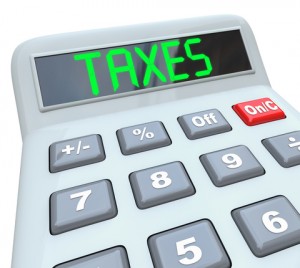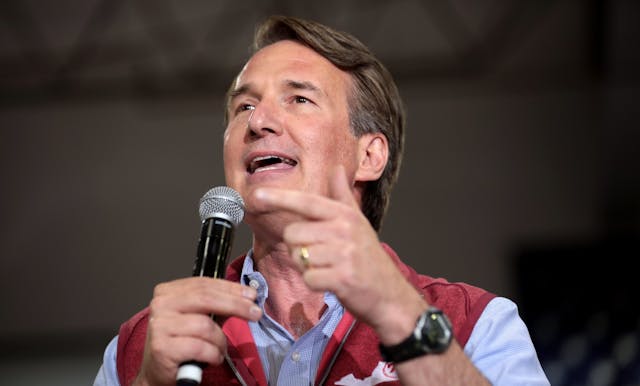Dueling tax measures could be on California ballot

You may be startled to learn that California ranks at the very bottom in spending on education as compared to other states. It is 50th in the nation, dead last, in students per teacher and librarian, 49th in students per guidance counselor, and not above 45th in other categories. Clearly, California has been going the wrong on education for years. It needs to change.
Gov. Brown is planning a proposition on the November ballot to raise money to close the budget deficit and fund education. He doesn’t want competing measures on the ballot, fearing voters will then reject all of them. He probably will not get his wish since two competing measures, The Local Schools and Early Education Act and The Millionaires Tax of 2012 may well also be on the ballot. All three measures share similar goals in wanting to fund education, with different methods for achieving that goal.
Gov. Brown’s plan would raise the state sales tax to 7.75% from 7.25% for 4 years and increase tax rates on high earners for 5 years. The tax rate for them would be 1-2% higher, maxing out at 12.3% for those making over $1 million. This increase would raise $6.9 billion, say proponents, and would be used exclusively for primary & secondary schools, and community colleges. Yet Sacramento has a long and tired history of vastly overestimating expected revenues. Would this really raise $6.9 billion? We don’t know. Plus, people making over $1 million a year can hire tax lawyers to find legal loopholes and thus lower their taxes. I wonder how many of them actually pay the maximum tax rate now.
The Local Schools and Early Education Act is spearheaded by Molly Munger, daughter of a wealthy business partner of Warren Buffett. She is a decades-long proponent of education and is described as “ferocious” in her advocacy. She has already funded the ballot drive with $800,000 and is prepared to spend whatever it takes to get it on the ballot. Her plan would introduce a sliding scale of tax increases on all except for those with very low incomes. 30% of the money would go to paying off education debt. 60% would be allocated to all public schools including charter schools. 10% is earmarked for pre-school and kindergarten. The money cannot be raided by the state, and there are criminal penalties for doing so.
Munger and Brown plan supporters have already sparred on this. Senate President pro Tem Darrell Steinberg says:
“"Her intentions are good and her goal is pure … but I continue to believe that if there are multiple tax measures on the ballot it hurts all of us. I believe that tie base goes to the runner. All things being equal, deference ought to be given to the elected governor of California."
Munger responds "I don't think we'd have a very good functioning democracy if we always just did what one person at the top wanted."
The Millionaires Tax of 2012 raises the tax rate by 3% for those earning more than $1 million and 5% for those over $2 million. 60% would go to education, 25% to children, seniors, and the disabled, 10% for public safety, and 5% for road and bridge repair. They provide a convenient chart for comparing the three plans.
None of these measures do much to reduce the gaping budget deficit. They also mandate that the money can only be spent in a certain way, which is one of the reasons California has budget problems. Too much money is earmarked leaving much less with which to pay other obligations. Yes, the California education system is in dire shape and something needs to be done. But having three similar propositions on the ballot seems more indicative of a broken proposition system than anything else. If you have the money and resources, you can pay people to gather the necessary signatures. This is contrary to the original intent of the proposition process whereby citizens could have a direct impact. Personally, I think paid signature gathering should be banned and be done by volunteers only.
Will three competing education measures on the ballot confuse and turn off voters? So far, polls show all three measures could pass. But November is a long way from now.




